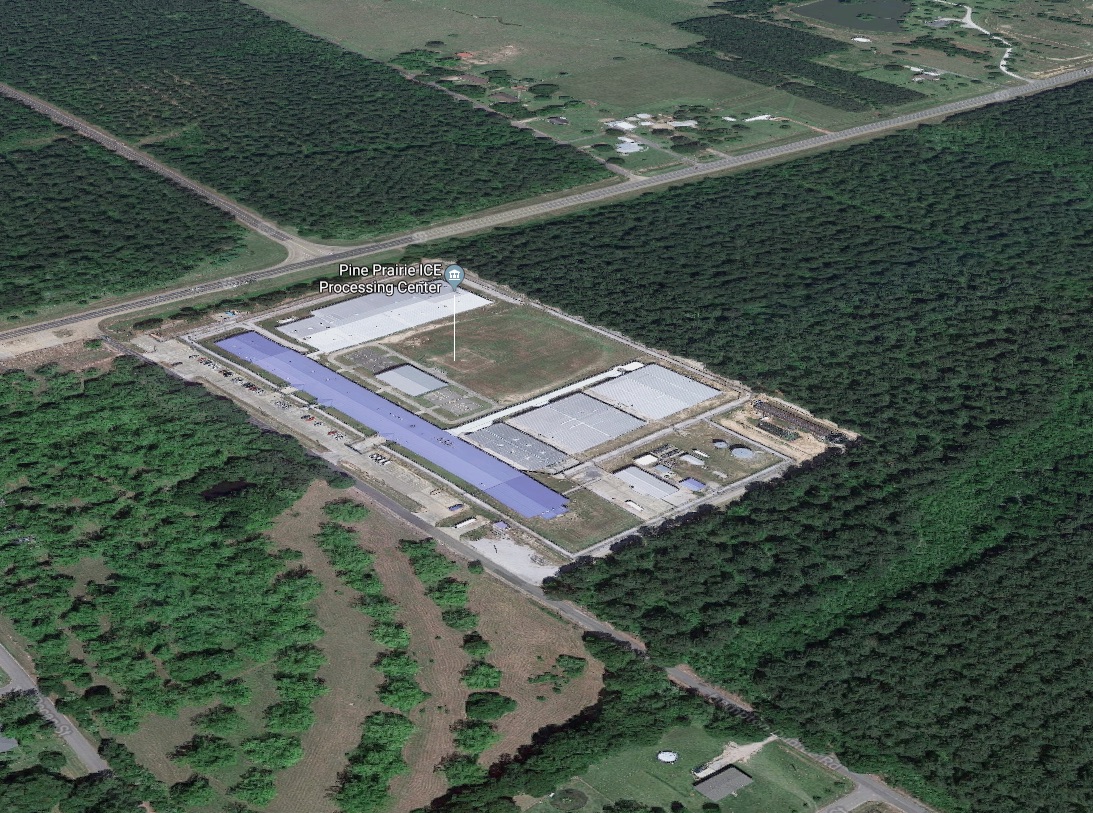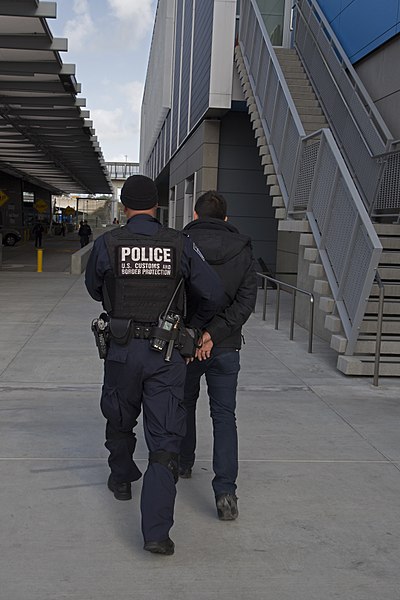An Asylum Seeker’s Hopeless Cause
One Honduran’s Harrowing Treatment Inside American Detention Centers

David” fled Honduras after his life was threatened.
As a 25-year-old gay man, he had already lived a lifetime of harassment and assault. When he was 8 years old, an older cousin raped him repeatedly and threatened the lives of his family if he revealed the abuse.
In 2012, he was working in the government’s finance office, where a coworker regularly berated him and finally beat him so badly he was forced to leave the job. In 2016, he was seriously stabbed, but the police blamed him for the attack because of his sexual orientation.
He relocated to be near cousins, but unfortunately gangs controlled the area and threatened David because he was gay. He decided to seek asylum in the United States.
In his first effort, he traveled through Honduras, Guatemala, and Southern Mexico before he was caught and deported from Mexico. In his second attempt, he worked his way through Mexico, hoping that would prevent him from being identified as someone who was “traveling through” Mexico. In three months, he was able to reach a Tijuana immigration shelter where many women and children from the caravans were also housed.

During the 45 days he was there, he worked with American attorneys (members of the National Lawyers Guild) who helped him prepare his asylum application and with RAICES (The Refugee and Immigrant Center for Education and Legal Services), a nonprofit that specifically helps members of the LGBTQ community seeking asylum to find host sponsors who can be of support during the process.
David did not have a sponsoring family in the United States, so when he arrived at San Ysidro, California port of entry, ICE placed him in detention in Louisiana. Eventually, RAICES was able to pair David with someone in Santa Barbara who worked to help him get the information he needed to support his asylum claim.
His partner, “Frank,” presented himself at the U.S border one month after David, but since he had family in Florida, he was sent to a detention facility there, where, after six weeks, he was released to his family while going through the legal process.
For David, however, things took a different turn. ICE first placed David in the Pine Prairie detention center in Louisiana. He was housed in a room with eight others, one of whom was sexually aggressive toward him. When he complained, David was placed in isolation, ate his meals in his cell, and was shackled whenever he went to the bathroom or the shower. Over nine months, David was sent to four different detention centers, all in Louisiana, all of which, according to the Los Angeles Times, are notorious for denying asylum. One center had a broken plumbing system and bad air quality that caused many inmates to fall ill.
His phone calls to his contacts, including his sponsor from Interfaith Sanctuary Alliance of Santa Barbara (ISA), were especially critical for his mental health during this period. ISA helped David acquire supporting documents from Honduras and retain an expert witness to testify at his hearing. But despite credible and documented evidence of personal threats and an environment of general persecution, David’s asylum request was denied on July 19. He was told that deportation proceedings would not start until after his appeal date passed.
Unsurprisingly, David chose not to appeal his asylum decision. He would rather go back to Honduras, where he would be subject to abuse and possible assassination, than continue to live in these inhumane detention conditions. But for the emotional lifeline that kept him in touch with his family and our ISA community, he would have been isolated and in many ways destroyed.
Throughout his stay in our detention facilities, David was able to phone his mother before her death and process her loss with family and friends. Without phone access, he would not have been able to communicate with his attorney or other advocates. Unfortunately, he suffered exorbitant and perhaps fraudulent phone fees. Charges for in-country calls are a $1/minute and even higher for outside of the country.
Interfaith Sanctuary Alliance raised funds from within our community to provide for his phone communication. As a volunteer with ISA, I was privileged to be able to be his phone contact. I was able to relay vital information to his sister and communicate his wishes to his attorney during the legal process. He knows that there are good people in the United States and that our government policy and treatment of vulnerable individuals does not reflect our entire country’s values.
This is not the America that has been built by immigrants and respected around the world for support of human rights. Our system is broken. We are breaking families and individuals. We are destroying the vulnerable communities that have come to us in need of help. This policy is rending the moral fabric upon which our country was built.
I hope that we find our moral compass and that we can reestablish who we are as a people and a nation. I believe our lives and our world depend on it.
As a final stroke, he was deported the week of 9/11, sent home on a plane with other deportees without his documents or his belongings. David will try to stay alive and rebuild his life after the harrowing experience in our immigration system.
Interfaith Sanctuary Alliance of Santa Barbara is a community of diverse ecumenical members that is working to ensure respect for the dignity, safety, and human rights of all people, by resisting unjust policies and practices that target immigrants.




You must be logged in to post a comment.